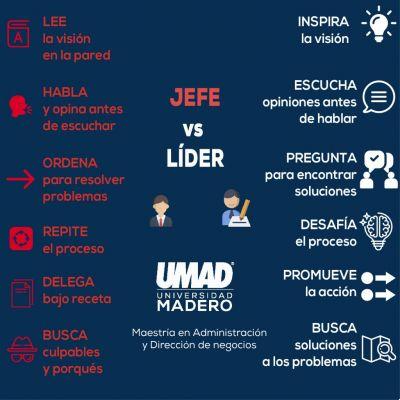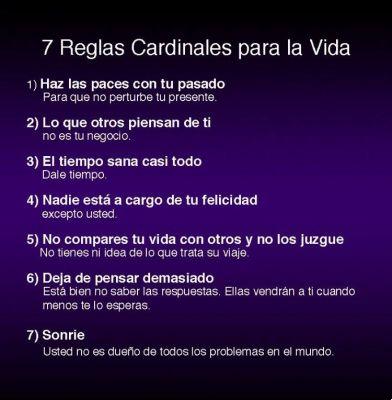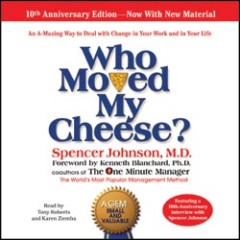Do you know in which situations it is good to trust intuition? There is a part of the brain that deals with so-called intuitions and it is very powerful. But where is it?

Last update: February 18, 2022
The hustle and bustle of everyday life can hinder listening to any form of spiritual guidance. When we plan everything we will do throughout the day and take the path of what is written, it is difficult to listen to intuition.
According to Plato, intuition was the highest expression of intelligence, a way to attain knowledge that neither observation nor experience nor inference or reason can help us achieve.
But what exactly is intuition and how can we know when to trust? The Accademia della Crusca defines it as “The action with which the intellect sees the truth; Spontaneous action, preceding and calling for reflection ”.
The best way to start working on our intuition is probably to ask ourselves two questions: I'm happy? Do I feel satisfied? These are just two of the countless questions that instinct can lead us to deepen, to then implement the necessary changes and answer clearly and sincerely in the affirmative to both.
The first psychological study on intuition is due to the Swiss psychiatrist Carl Jung who proposed adding it as a personality trait.
He claimed that those who have this resource are more likely to let themselves be dominated by their own thoughts, rather than adopting the "bottom-up" approach, where facts drive decisions.
These people therefore let their thoughts and feelings take the reins of the situation, through a "top down" approach.
By instinct or intuition, a woman knows what is best for herself.
-Marylin Monroe-
In which areas of the brain does intuition reside?
As indicated in a study conducted by a team of experts from the University of Iowa, the brain's so-called "intuition axis" is the prefrontal cortex, or the so-called vmPFC. Certainly there are many cultural representations of the seat of intuition.
For example, in the X-Men comics and movies, how does Professor X invoke his psychic powers? Placing your fingers on your temples and closing your eyes. Then, from the center of the forehead, the energy waves are released in all directions. This axis of intuition is right there, in the center of the forehead.
The study indicates that being highly intelligent is the key to success. However, very often this premise does not materialize, given that people with a high intellectual coefficient or with a damage to the axis of intuition tend to have problems or blocks in the decision phase.
Putting aside intuition and its usefulness, especially when the amount of information is so huge that processing it analytically and consciously is impossible, means giving up the best tool we can count on in these situations.
Without intuition we tend to become more gullible, more vulnerable to advertising, and learn less from mistakes, as explained in this study.
Never apologize for trusting intuition: your brain may deceive you, your heart may be blinded, but your instincts are always right.
-Anonymous-
Listen to intuition: meditation is the path
Learning to trust our instincts is, in essence, a practice and as such requires commitment and dedication. But it's easier than we might think, and very rewarding.
In fact, intuition is a kind of emotional conjecture (or premonition) that we can refine with the help of some simple techniques.
According to Allan Wallace, a Tibetan Buddhist and author of the book The Mind: Where Science and Spirituality Meet, we can develop our intuition with the help of meditation.
It is a primal technique that allows us to focus and calm the mind, while eliminating the “pollutants” or residual thoughts that hinder the original intuitive ability.
What is the role of meditation?
Meditation is nothing more than a training for the mind, a tool that can give us greater emotional freedom by making us get in touch with the surrounding environment and making us open to experience. A technique that helps us relax to enter a state of mental clarity, thus making us more decisive.
A report by neuropsychologists at Wake Forest University reads that participants who practiced meditation were able to significantly increase their brain activity.
Technically speaking, they had increased the interconnectivity of the prefrontal cortex, the area of the brain responsible for controlling behavior and decision making. What does it mean for those who want to listen to intuition?
These results have shown that meditation puts us in touch with our very powerful, yet shy, feeling of awareness of our inner world.
In addition to this, it allows us to amplify it to live a life with greater financial resources, quality relationships, easier work situations and even better health. Like this, if those who meditate often achieve success in everything they do, we too can succeed.
Intuition is a more powerful skill than the intellect, in my opinion.
-Steve Jobs-


























